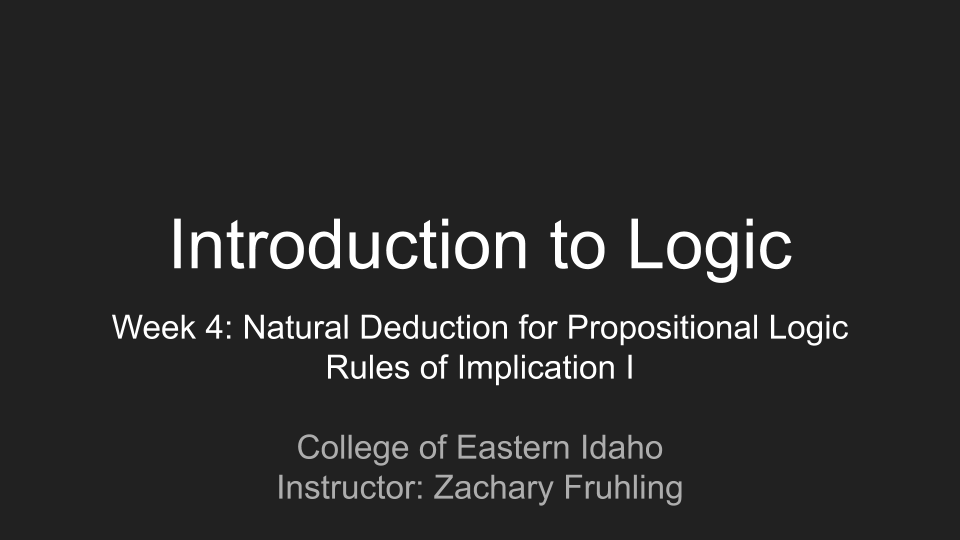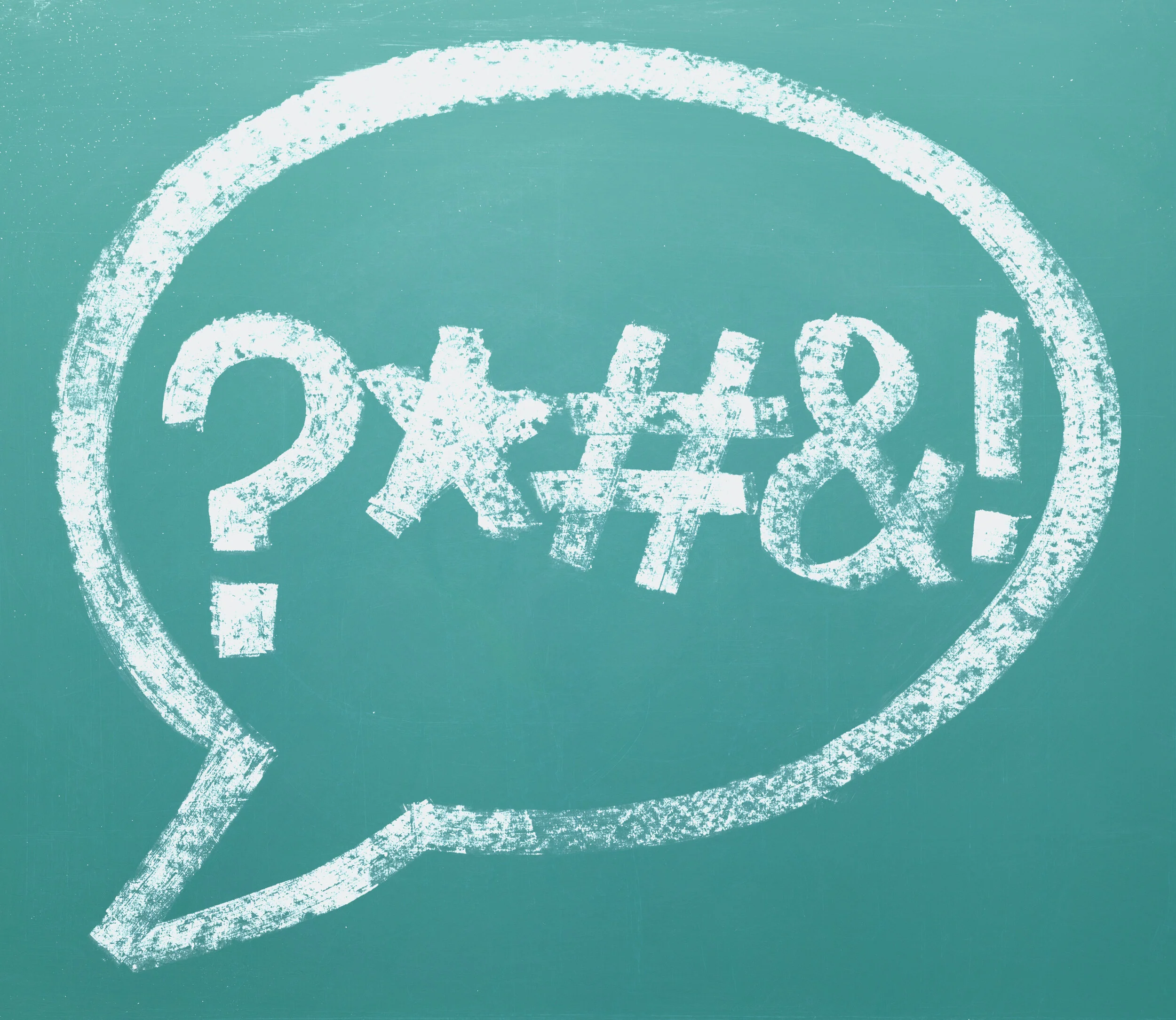Blogging Nietzsche—Nietzsche's Poetry: "Medication for Pessimists"
Nietzsche has no use for pessimists, or for those who don’t want to get their fill of life, despite his own temporary foray into pessimism and nihilism. This distaste for asceticism, pessimism, and nihilism is evident in Nietzsche’s short poem “Medication for Pessimists” (Nietzsche, The Gay Science, ‘Joke, Cunning, and Revenge’: Prelude in German Rhymes, No. 24):
24. Medication for Pessimists
You whine that nothing pleases you?
Still pouting, friend, and must you mutter?
I hear you curse, and shout and sputter —
it breaks my heart and patience too!
Come with me, friend! A nice fat toad,
if swallowed voluntarily
with eyes closed and summarily —
might lessen your dyspeptic load.
Many people, from pessimists to ascetics, never get their fill of life, constantly denying themselves the joys, the pleasures, and even (most importantly) the challenges of life—the life-affirming aspects and experiences of being in the world. These pessimists, as Nietzsche calls them, are constantly whining, complaining, and kvetching about the lack of joy and happiness and satisfaction in the world, as if the lack of those things in one’s own life is somehow written into the fabric of existence itself.
What fallacious reasoning those pessimists and ascetics have, to blame reality and the universe itself for their own lack of satisfaction in life! This lack of life, as Nietzsche says in the poem, is heartbreaking and tries the patience of those who have learned how to really live—we future philosophers (in the truest sense) who’ve managed climb and crawl our way out of the cave of pessimism and asceticism with our own bare hands and hearts—we immoralists who have rejected the asceticism, guilt, and ever-present death-wish of those who would deny themselves life instead of affirming it, embracing and having our fill of life in our own beautiful, enticing corners of the universe.
Digestion is un under-appreciated theme throughout Nietzsche’s philosophical writings. While Nietzsche makes various claims about the best ways to approach this biological fact of our own reality and embodiment—our need for nourishment and sustenance—the most important thing to understand about all such references to digestion in Nietzsche’s writing is that digestion is also a metaphor for life, our relation to it, and our attitude toward it. Many people deny themselves satisfaction and their fill (whether voluntarily as dieters and ascetics do—so much for diets!—, or involuntarily as the poor sometimes do out of economic necessity). Not getting one’s fill of food, according to Nietzsche, gives one a sour stomach and indigestion, what Nietzsche sometimes refers as “dyspepsia",” or one’s “dyspeptic load” as he refers to it in “Medication for Pessimists.” Paradoxically, not getting one’s fill makes one feel heavy and burdened, while having one’s fill of life makes one feel light and satisfied with the fullness of life.
In Nietzsche’s autobiography, Ecce Homo (Behold the Man), Nietzsche gives advice for avoiding a sour stomach, and the sour intellect and heart that flow from it—which, as with many things for Nietzsche, are important to read not just literally but metaphorically, about all of life itself:
“It was through the cooking in vogue at Leipzig, for instance, together with my first study of Schopenhauer (1865), that I earnestly renounced my "Will to Live." To spoil one's stomach by absorbing insufficient nourishment—this problem seemed to my mind solved with admirable felicity by the above-mentioned cookery. (It is said that in the year 1866 changes were introduced into this department.) But as to German cookery in general—what has it not got on its conscience! Soup before the meal (still called alla tedesca in the Venetian cookery books of the sixteenth century); meat boiled to shreds, vegetables cooked with fat and flour; the degeneration of pastries into paper-weights! And, if you add thereto the absolutely bestial post-prandial drinking habits of the ancients, and not alone of the ancient Germans, you will understand where German intellect took its origin—that is to say, in sadly disordered intestines.... German intellect is indigestion; it can assimilate nothing.” (Nietzsche, Ecce Homo, Why I Am So Clever, No. 1)
How sad it is that, for some people, food is mere nourishment and sustenance, not an art, not full of sensual pleasure in itself, not something that ever truly satisfies. And yet, many people approach their whole lives in this same way, having just enough of life itself to sustain their own pitiable existences and lives, but not enough to really live them. These people live in a constant state of indigestion about life; they carry a heavy “dyspeptic load”—the load of life and their very existence itself, which for them is heavy, burdensome, an albatross to be shed one blessed day when death finally knocks at their door to finally give them rest, never having really tasted life in the first place. Many people are on a diet—a diet of too little life. Or they’re too full of the wrong things, turning the sweetest pastries of life into tasteless paperweights and hockey pucks merely to be digested instead of savored—indigestion at life indeed!
Returning to the poem, life is full of hardships, struggles, and challenges (i.e., the “toads” of life). These challenges can either make you shirk and shrink away from life, as pessimists and ascetics do, or they can be the impetus and motivation for you to wake up (literally and metaphorically), stand on your own two feet (again, literally and metaphorically), set your sights on the highest mountains no matter what obstacles lie along the way (no matter what pill or “toad” you may have to swallow!), put your nose to the grindstone and one foot in front of the other, and throw yourself into life with every fiber of your being—to really embrace life, with all its ups and downs, with its pleasures and pains, with its hopes and dreams and disappointments, and to be truly satisfied, instead of turning your back on life and living in a constant state of dyspepsia and indigestion at the mere sustenance, the crumbs, that life and the universe have doled out to you.
You are responsible for your own satisfaction, and you are responsible for whether or not you get own your fill of life. But do so quickly, before it’s too late and your indigestion at life becomes permanent, before you’ve wasted your whole life away on mere sustenance instead of real satisfaction. And if you blame others, or life and the universe themselves, for your own lack of fullness in life, you are merely whining, as Nietzsche says.
So what’s the answer? How does one move away from pessimism and toward life? The answer, for Nietzsche, and for the rest of us life-affirming immoralists everywhere, is to swallow the “toads” of life, “voluntarily” and “summarily”—not to be squeamish at the unappetizing parts of life, the dark alleyways and valleys of the soul, the challenges to be overcome and the hardships along the journey, but to swallow them whole (Bottoms up!), and in doing so to find one’s own satisfaction and fill of life in having really lived it. To complete the metaphor, the very things that make life a burden for pessimists, the toads of life, are, themselves, the remedy and the cure.
For Further Reading:
The Gay Science by Friedrich Nietzsche
Ecce Homo by Friedrich Nietzsche







